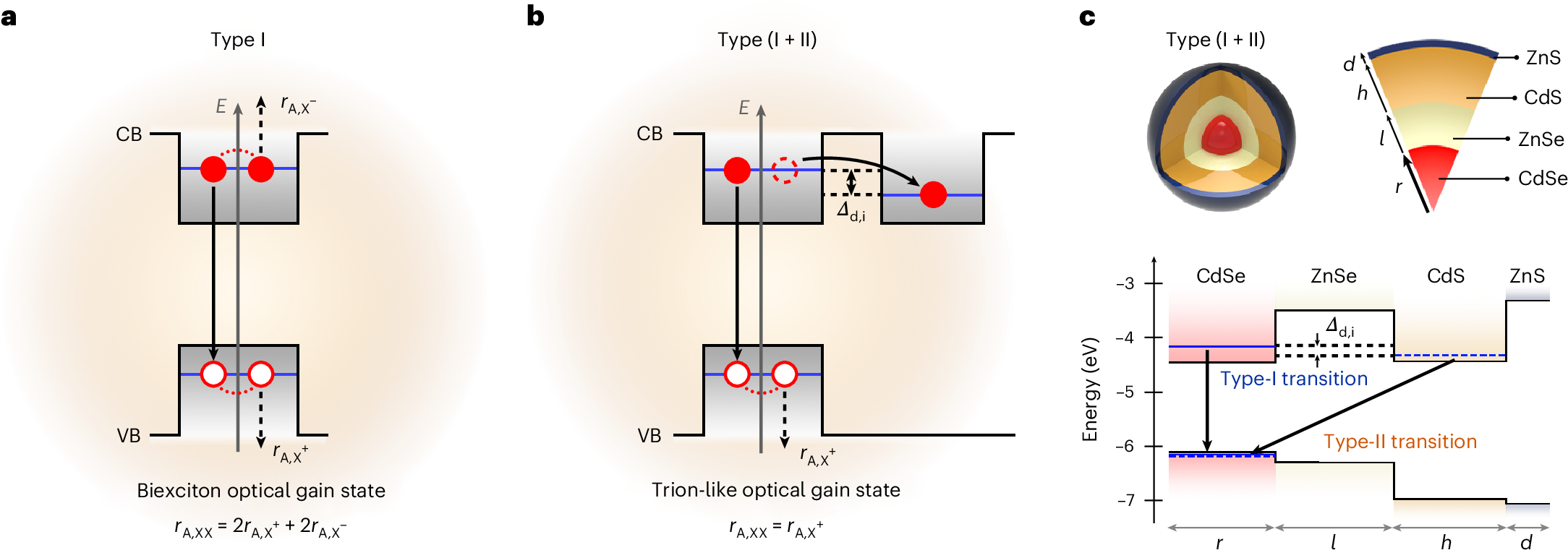2024-11-21 ペンシルベニア州立大学(PennState)
<関連情報>
- https://www.psu.edu/news/social-science-research-institute/story/social-media-buzz-may-predict-election-results-earlier
- https://journals.sagepub.com/doi/10.1177/20563051241298449
ソーシャルメディアは選挙結果を予測できるか?米上院候補に関するツイートのバンドワゴン効果 Can Social Media Engagement Predict Election Results? Bandwagon Effects of Tweets About US Senate Candidates
Jinping Wang, S. Shyam Sundar, and Nilàm Ram
Social Media + Society Published:November 21, 2024
DOI:https://doi.org/10.1177/20563051241298449

Abstract
The social media platform X (formerly Twitter) has grown to become an important venue for political discourse, with candidates using it integrally in their election campaigns. However, it is not clear if activity on Twitter can be used to forecast elections, given conflicting findings in the literature. By analyzing 830,796 tweets mentioning key hashtags related to nine US senate races in 2014, 2016, and 2018, we demonstrate that cascades in volume and sentiment of tweets between September 1 and Election Day can predict election outcomes. We developed a non-linear growth modeling tool to identify the point in time at which bandwagon support for competing candidates begins to diverge. We also discovered that bot-driven tweets play a negligible role. We discuss theoretical and practical implications for both computational research and media effects, showing the value of combining big-data analysis and longitudinal non-linear dynamics to study the relationship between social media activity and real-world outcomes.



